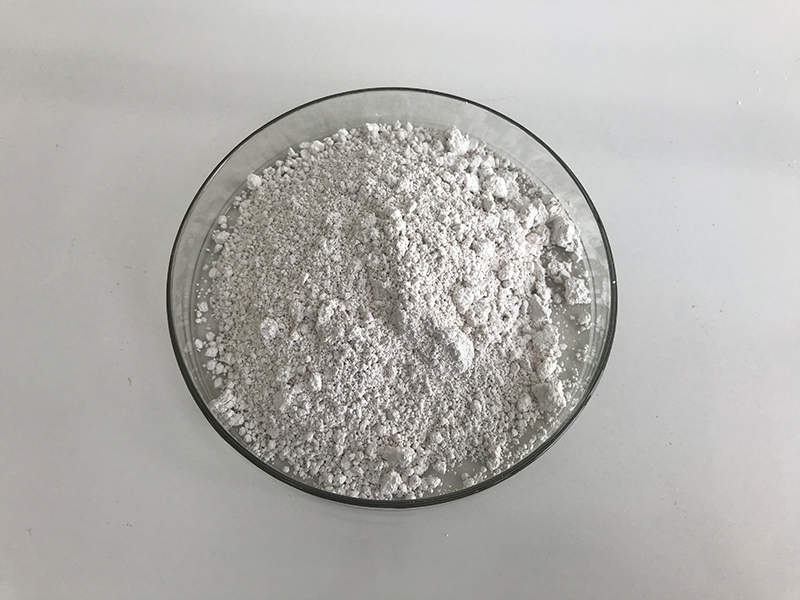Fenbendazole is a broad-spectrum anthelmintic medication commonly used to treat parasites in animals, including dogs, cats, horses, livestock, and certain exotic animals. While it’s not approved for human use by regulatory agencies like the FDA, there has been growing interest in its potential off-label use for treating certain conditions in humans, notably parasitic infections and even some types of cancer.
If you’re considering using fenbendazole, especially off-label for yourself or another human, it’s crucial to consult with a qualified healthcare professional first. They can provide guidance tailored to your specific situation, including dosage, potential side effects, and any interactions with other medications you may be taking.
Here are some general guidelines for using fenbendazole:
1.Consult a Healthcare Professional: Before using fenbendazole, speak with a healthcare professional who can assess your condition and provide guidance on whether fenbendazole is appropriate for you.
2.Dosage: Dosage can vary widely depending on the condition being treated, the species of the patient (if applicable), and other factors. Only a healthcare professional can determine the appropriate dosage for your situation.
3.Administration: Fenbendazole is typically administered orally. It’s often given once daily for several days in a row, but the duration of treatment can vary depending on the condition being treated. Always follow the instructions provided by your healthcare professional or those on the product label if using it for animals.
4.Monitor for Side Effects: While fenbendazole is generally considered safe when used as directed, some individuals may experience side effects. These can include gastrointestinal upset, allergic reactions, or other adverse effects. If you experience any unusual symptoms while taking fenbendazole, contact your healthcare professional immediately.
5.Follow-up: Depending on the condition being treated, your healthcare professional may recommend follow-up appointments or monitoring to assess the effectiveness of the treatment and ensure there are no adverse effects.

6.Considerations: Fenbendazole may interact with certain medications or medical conditions, so it’s important to disclose all relevant information about your health and medications to your healthcare professional before starting treatment.
7.Storage: Store fenbendazole according to the instructions provided, typically in a cool, dry place away from direct sunlight.
8.Discontinue Use if Necessary: If you experience severe side effects or if fenbendazole does not seem to be effective, consult your healthcare professional. They may recommend discontinuing its use or exploring alternative treatments.
Remember, using medications off-label without medical supervision can be risky and may not be effective or safe for everyone. Always consult with a healthcare professional before starting any new treatment regimen.
Potential benefits of Fenbendazole
Fenbendazole is a broad-spectrum anthelmintic medication commonly used to treat various parasitic infections in animals, particularly in dogs, cats, livestock, and sometimes even in fish. While its primary use is in veterinary medicine, there has been some interest and anecdotal evidence suggesting potential benefits for humans in certain contexts. It’s important to note that the use of fenbendazole in humans is not approved by regulatory authorities for any specific medical conditions, and its potential benefits are still being explored. Here are some of the potential benefits that have been discussed:
1.Antiparasitic Properties: Fenbendazole is effective against a range of parasites, including nematodes, cestodes, and trematodes. In humans, parasitic infections such as intestinal worms can be treated with fenbendazole.
2.Anticancer Properties: Some studies and anecdotal reports have suggested that fenbendazole may have anticancer properties. Researchers have investigated its potential role in inhibiting cancer cell growth, and some people have self-administered fenbendazole as part of alternative cancer treatments. However, more research is needed to establish its safety and efficacy for this purpose.
3.Immune Modulation: Some research has suggested that fenbendazole may have immunomodulatory effects. This means that it might influence the activity of the immune system, potentially enhancing its response to infections or other health challenges.
4.Anti-inflammatory Effects: Fenbendazole has been explored for its potential anti-inflammatory properties. Inflammation is associated with various health conditions, and substances with anti-inflammatory effects may have therapeutic benefits.

5.Microtubule Inhibition: Fenbendazole works by inhibiting microtubule formation in the cells of parasites, disrupting their ability to divide and reproduce. Some researchers have hypothesized that this mechanism may play a role in its potential anticancer effects, as cancer cells also rely on microtubules for division.
It’s crucial to emphasize that while there is ongoing interest and research in these areas, the use of fenbendazole in humans for conditions like cancer is not supported by robust clinical evidence. Self-administration of medications intended for veterinary use can be dangerous, as the appropriate dosage, safety profile, and efficacy for human use are not well-established.
If someone is considering fenbendazole for a specific health concern, it is essential to consult with a qualified healthcare professional who can provide personalized advice based on the individual’s medical history and the available scientific evidence.
